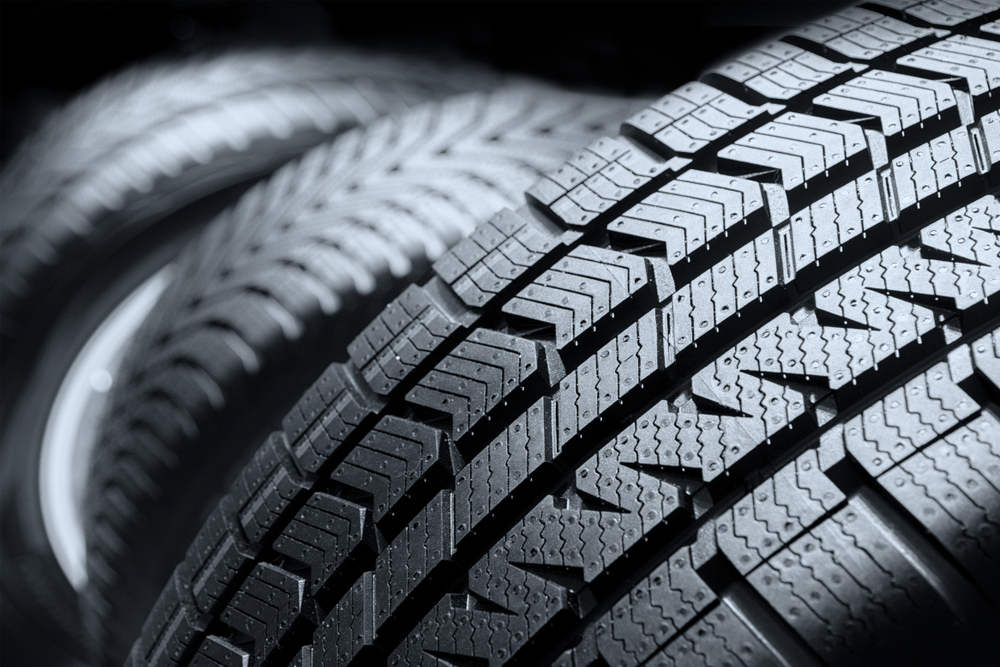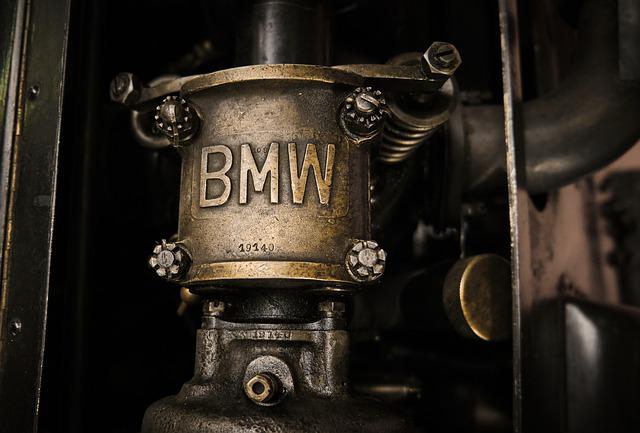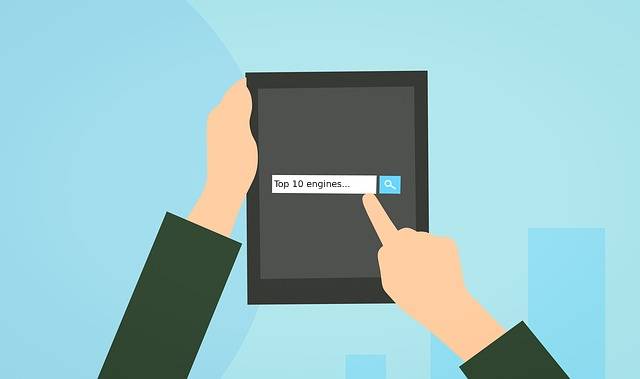Tyre Replacement: A Complete Guide On What, When, And How?
Find Used Engines and Transmissions for a Great Price! Live Assistant For Used Engines Call 1800-518-9776

The tyres on your car are more than simply pieces of rubber; they play a critical role in handling, safety, and your entire driving experience. For your car to operate properly and to keep you safe while driving, you must understand whether and how to swap out your tyres. In this thorough manual, we'll go over everything you need to know about changing your tyres, including how to spot warning signs that it's time, how to choose the best tyres, how to install them correctly, how to get rid of your old tyres, the usual errors to avoid, and the advantages of hiring a professional.
Signs that it is time to replace your tyres
Let us start this blog with an understanding of the signs that indicate a time for tyre replacement.
To maintain performance and safety, tyres must be replaced. Regardless of tread depth, manufacturers advise replacing tyres every six to ten years because they wear out. Replace them if the tread depth is less than 2/32 of an inch (about 1.6 mm). Uneven wear, where a particular side or the centre wears out more quickly, could be a sign of suspension or alignment problems.
Tyres that are worn out and have lost traction can affect handling and braking performance, which can have an influence on safety. Increased vibrations and noise from the road may also indicate uneven tyre wear, necessitating a checkup. Driving is made safe and effective through periodic examinations as well as care for these elements.
How often should you replace your tyres?
Although the tread pattern seems to be enough, tyres might deteriorate over time. Regardless of tread depth, manufacturers normally suggest changing tyres every six to ten years because the rubber compounds might deteriorate. To establish the age of your tyre, it is crucial to look at the date it was made on the sidewall.
Driving practises and road conditions also matter. Tyre wear can be accelerated by frequent use of rough roads, reckless behaviour, or high-speed driving, demanding more frequent checks and replacements.
While tread depth is the most important factor, age, road conditions, and manufacturer guidelines should also be taken into account to guarantee safe and effective driving.
How do I choose the right tyres?
Choosing the right kind of tyre when going for a tyre replacement is of paramount importance. Here’s how you can select them.
-
Research: Read reviews and do some research on various tyre brands and models. Look for wheels that have a strong reputation for effectiveness, longevity, and safety. Reviews and suggestions from motorists can be helpful.
-
Know your car: Know your vehicle's specs, which include the recommended tyre dimension, load capacity, and performance rating. Usually, you may find this information on the front door jamb sign or in the owner's manual for your car.
-
Take into account your driving needs: Consider your regular driving circumstances. Are you mostly using city streets, highways, or off-road driving? Do you frequently experience rainy or snowy weather? Choose tyres that are appropriate for your unique driving needs.
-
Keeping Your Focus on the Road: Avoiding distractions like texting, eating, or fiddling with the controls will help you keep your entire attention on the road.
How do I properly install new tyres?
-
Ask for Professional Assistance: It's recommended to have your new tyres placed by a certified technician at a reputed tyre shop. They possess the required tools and knowledge.
-
Balance and Alignment: Your worker will check the tyres during installation to appropriately distribute weight and align them to ensure even wear. Alignment and balancing done correctly increase handling and tyre life.
-
Correct Torque: Ensure that lug nuts or nuts are tightened following the manufacturer's instructions. Tyre damage can result from excessive tightness, and loose wheels can result from inadequate tightening.
-
Check Tyre Pressure: After setting up, be sure to check and correct tyre pressure to the levels advised in the vehicle's manuals or on the placard attached to each tyre. Pressure needs to be right for performance and safety.
How do I dispose of old tyres?
Here are a few ways in which the old tyres can be disposed of.
-
Check local regulations: Be conscious of local rules for disposing of tyres. There are regulations and recycling programmes in place in some places. Environmentally appropriate disposal is ensured by adherence to these laws.
-
Professional removal: When getting new tyres installed, inquire at the tyre store about their disposal options for used tyres. Your old tyres can be appropriately disposed of for you by many stores.
-
Centres for recycling: Old tyres are accepted for recycling at a lot of tyre stores and recycling facilities. Recycled tyres have a variety of uses, including playground surfaces, roads, and even as fuel for industrial processes. Look for a nearby recycling facility or ask your tyre dealer about their recycling options.
-
Reuse or repurpose: Think about reusing old tyres for do-it-yourself projects or as planters in the garden. Old tyres can be reused in a variety of inventive ways, which reduces waste.
Common mistakes to avoid when replacing tyres
Here are the most common types of mistakes that are made by the driver while replacing the tyres.
-
Ignoring wear signs: Safety might be jeopardised if worn tyres are not replaced when their tread depth is adequate or when cuts or bulges are visible.
-
Neglecting wheel alignment checks: Neglecting wheel alignment examinations can cause uneven tyre wear and have a detrimental effect on handling.
-
Tyres that are not compatible: Using tyres with various sizes, kinds, or tread patterns might compromise handling and safety.
-
Inadequate tyre pressure: Keeping the proper tyre pressure can prevent uneven wear, impair fuel efficiency, and cause handling problems.
Tips for defensive driving
There are many benefits that a professional tyre replacement provides to you. They are mentioned below for your reference.
-
Equipment: Professional shops have the specialised equipment required for a safe and effective tyre change. This lowers the chance that your car will sustain damage during installation.
-
Warranty: To provide customers with peace of mind, several tyre businesses provide warranties for their services. You can frequently count on the warranty to reimburse you for replacements or repairs if the new tyres have any problems or flaws.
-
Expertise: To ensure appropriate tyre installation, qualified technicians at renowned tyre stores have the education and experience necessary. They can spot and take care of any potential difficulties that can impair the manoeuvrability of your new tyres, such as wheel misalignment or balance concerns.
Conclusion
A vital component of car maintenance that shouldn't be ignored is tyre replacement. Knowing when you should change your tyres, where to pick the best ones, how to install them properly, and how to dispose of them responsibly are all things that you should know.
We, as a team, have been working towards providing the best quality used engines and transmissions to our customers. Used Engines has made it their responsibility to provide the best services possible so that the highest level of customer satisfaction can be achieved.
related
You May Also Like

Which BMW Has the Most Horsepower?
A car is useless if it doesn’t have good horsepower. Just imagine driving your car with sluggish acceleration and it drags on the road whenever you take it for a spin.
Read Article
10 Best Engines Made So Far By Top Engine Manufacturers
Over the years, the car industry has seen major changes. Car engines have become smarter and it looks like every new engine that rolls out is better than the other.
Read Article
How to Make Your Car Last Forever?
Isn’t it lovely when a new car works the way you want? The gears shift smoothly and the wheels roll without dragging against the road. But as your car gets older, you’ll notice that it doesn’t drive smoothly, has lower fuel mileage, and overheats easily.
Read Article